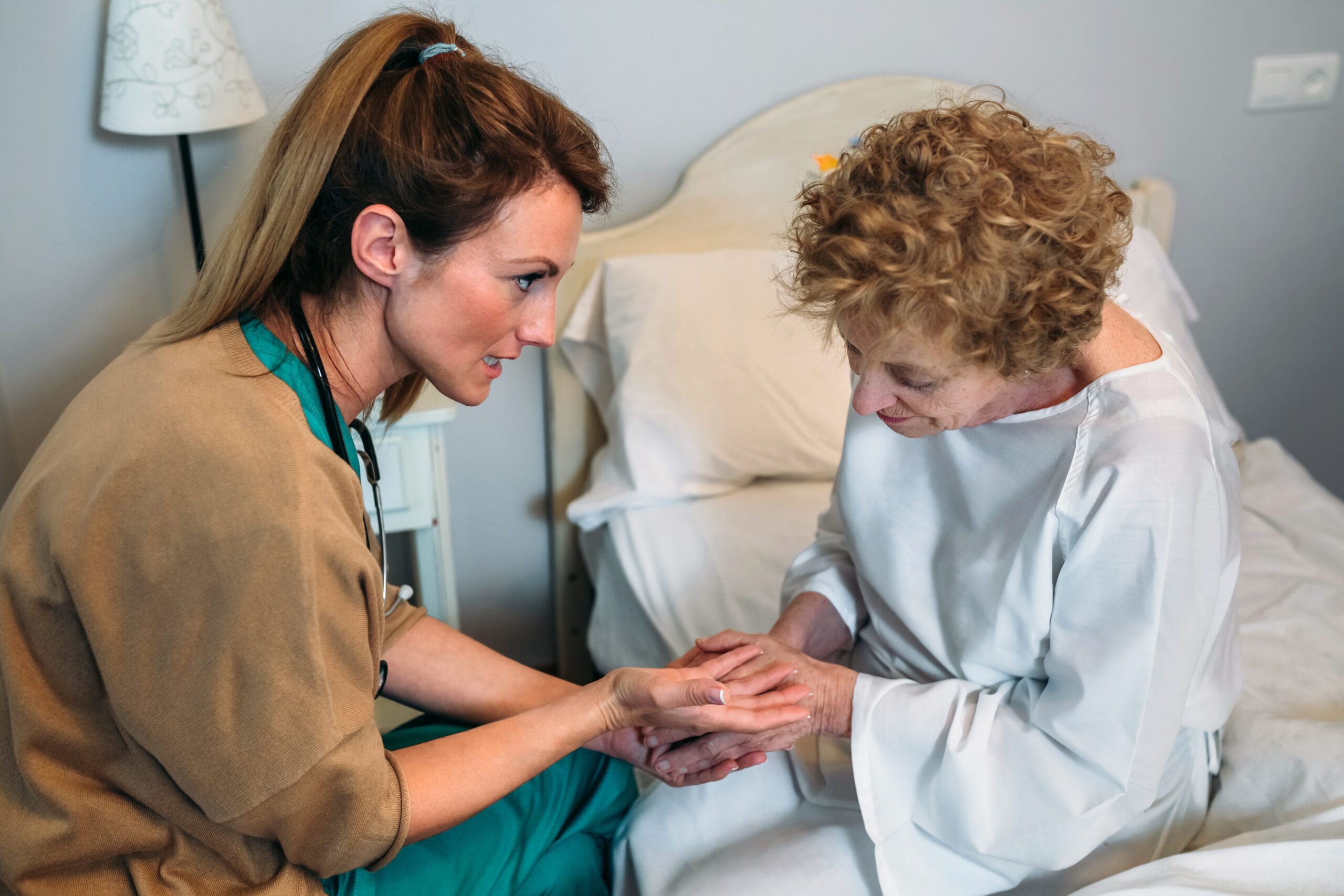In the vast landscape of healthcare, numerous professionals work tirelessly to ensure the well-being of patients. Among these dedicated individuals are patient care technicians (PCTs), vital in delivering quality care and support to patients and healthcare teams. The following guide will provide valuable insights and information about the responsibilities and duties of patient care technicians.
Understanding Patient Care Technicians
Patient care technicians are essential members of the healthcare system. They work closely with nurses, doctors, and other healthcare professionals to provide direct care to patients. Depending on the healthcare setting, PCTs are known by various titles, such as certified nursing assistants (CNAs), nurse aides, or orderlies. Their presence is invaluable in delivering compassionate and efficient patient care.
Patient Care Technician Job Description
Patient care technicians are responsible for many tasks in their daily work. Their job description typically includes the following:
- They assist patients with daily activities such as bathing, dressing, and eating.
- Monitor vital signs, including blood pressure, pulse, temperature, and respiration.
- Assist with patient mobility, including transferring and positioning patients safely.
- Provide emotional support and maintain a compassionate bedside manner.
- Document patient information and report any changes in condition to the healthcare team.
- Collaborate with nurses and other healthcare professionals to ensure seamless care delivery.
Duties and Responsibilities of a Patient Care Technician
Patient care technicians have diverse responsibilities that contribute to patient well-being. Some of their key duties include:
- Performing basic medical procedures under the supervision of a nurse, such as collecting specimens for laboratory testing.
- Administering medication to patients, following specific guidelines and protocols.
- Assist in the preparation and maintenance of medical equipment and supplies.
- Conduct basic diagnostic tests, such as EKGs or blood glucose monitoring.
- Support patients in rehabilitation exercises and therapies.
- Assist during medical emergencies, following established protocols and ensuring patient safety.
Skills and Qualities of a Successful Patient Care Technician
Specific skills and qualities are crucial to excel as a patient care technician. These include:
- Effective Communication: Patient care technicians must possess strong communication skills to interact with patients, families, and healthcare professionals.
- Empathy and Compassion: PCTs should demonstrate empathy and compassion, providing emotional support to patients during challenging times.
- Teamwork and Collaboration: Collaborating with the healthcare team ensures seamless care delivery and optimal patient outcomes.
- Adaptability: Patient care technicians must be adaptable and flexible to respond to changing patient needs and work demands.
- Attention to Detail: Attention to detail helps PCTs accurately document patient information and identify any changes in condition.
Career Outlook and Advancement Opportunities
The demand for patient care technicians continues to grow as the healthcare industry expands. PCTs can work in hospitals, nursing homes, clinics, and rehabilitation centers. Moreover, with additional certifications or further education, PCTs can pursue career advancement opportunities, such as becoming licensed practical nurses (LPNs) or registered nurses (RNs). Patient care technicians play a vital role in the healthcare industry, contributing to the well-being and comfort of patients. Their dedication, compassion, and expertise make them invaluable healthcare team members.
For more information and to begin a career as a patient care technician, contact Valley Grande Institute at 956-973-1945 or admissions@vgi.edu.


